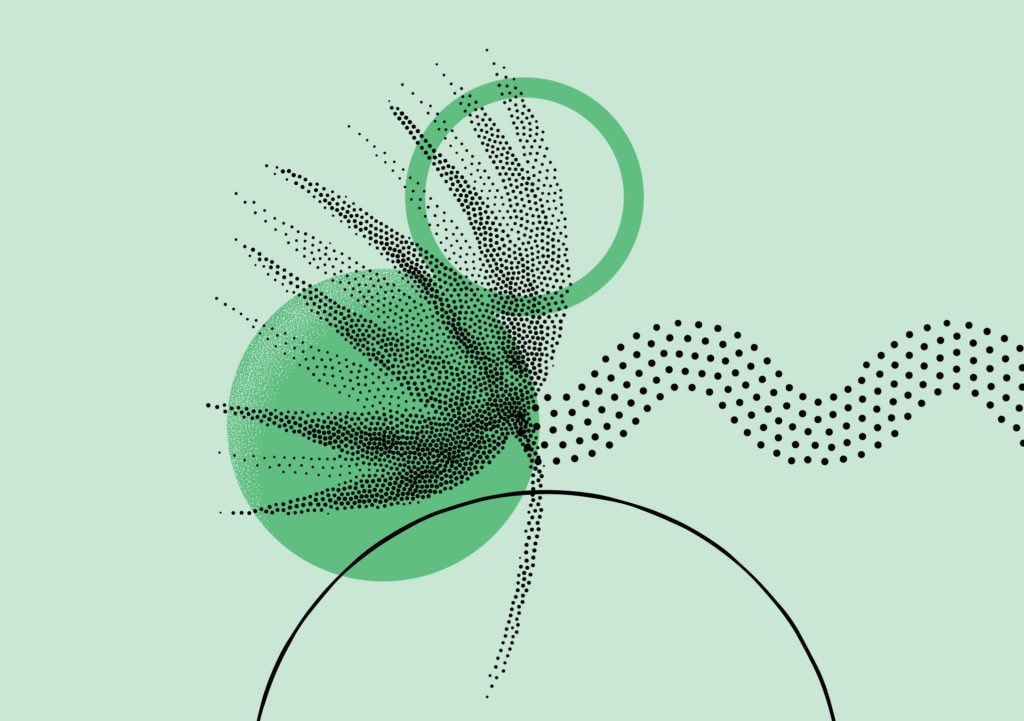1. Don’t jump to conclusions
When I was learning the foundations of HR, which were essentially processes and procedures, I was also the mother of a two-year-old (who didn’t know what sleep was!), so I was in a constant state of exhaustion. A serious error occurred at work and my manager yelled at me in front of the entire HR team of 30 people. It was not our finest hour. I immediately apologized for the slip up.
An hour or two later, my boss received a call and it was apparent that in fact I had done everything right and the error was not mine. She apologized to me but was frustrated that I didn’t say anything so I effectively let her make a fool of herself in front of everyone.
This stands out in my mind because the reason I didn’t spring to my own defense was that I automatically assumed that it was my mistake and that I had done something wrong. If I had simply said "I am not sure what happened but I will look into it", then it would have saved us both embarrassment. Often we assume wrongly that something is our fault or someone else’s. Instead of jumping to conclusions, seeking to understand first is a better option as the purpose should not be to blame but to find a solution and ensure that mistake isn’t repeated.
2. Be careful how you recognize others
I worked with one colleague, Graham in HR, who completely automated our processes so instead of spending a week producing monthly metrics for a CFO (who I doubt ever read them), he streamlined the process so it took an hour. He had eliminated a time-consuming weekly manual process. The impact he made by freeing up this time, without being asked, had completely transformed the HR department.
Graham shared an office with Lucy, who I directly managed. The company I worked for had made the unfortunate decision to only pay every bill after two reminders and Lucy was responsible for fielding calls and paying bills. She gave me feedback that has stayed with me ever since -- she told me that I was causing conflict between her and Graham. By constantly recognizing and praising Graham’s work in front of her, it turned out that I was making her feel as though what she was doing wasn’t important, which made her feel unimportant. I was genuinely shocked. As HR professionals, we are constantly coaching others to provide meaningful feedback. I was sure I was knocking this out of the park. I was giving timely feedback on the impact that Graham’s work was having on my role and department. I didn’t notice that every time I did so, the other person sharing his office felt smaller and smaller and started to resent him more and more. I immediately apologized and explained that wasn’t my intention. From then on, I actively ensured that I praised Lucy’s work in front of Graham to balance the discrepancy. By seeking those opportunities, I recognized that Lucy actually had a more difficult role in many ways because it took grace and diplomacy to handle creditors and that she was doing an amazing job at keeping everything going. I didn’t stop recognizing the work of my colleague, Graham, I just did it in private so he was clear on what he was doing well and kept doing it. What Lucy and Graham had in common was that they both wanted to know the positive impact they were having and that I had noticed.
3. Your passion may not resonate with anyone else
As co-chair of the HR Non-Profit Group Vancouver, I was incredibly proud and excited to be able to offer one-to-one executive coaching at the David Suzuki Foundation through the generosity of the International Federation of Coaches. This foundation recruited volunteer coaches so non-profits only had to pay administrative costs if they were members of the HR Non-Profit Group Vancouver, of which I am co-chair.
To date 52 of our employees have participated in this program, the Foundation was one of the first organizations to join Coachingwise and I was eager to take coaching to the next level in the organization. Feeling inspired, I advocated for an external speaker to run a session at our staff retreat. This wasn’t going to be a one-off workshop -- there would be continuous monthly follow up to really embed the learning. I had this in the bag!
Due to personal circumstances, I was unable to attend the All Staff session or introduce the speaker. That’s when things started to fall apart; it was clear that no one really understood the purpose of the workshop and staff feedback was unanimously scathing. This was no fault at all of the speaker who had so resonated with me but of my failing to convey what I was trying to achieve. When I read the feedback my initial instinct was to get defensive, so I waited. I thought about it and realized that their feedback was completely legitimate and that I had lost sight of what my colleagues actually wanted rather than what I was excited about.
The takeaway: Just because you’re excited about something doesn’t mean that everyone else is as well. Be sure to get feedback from your colleagues before planning something big like a coaching session.
4. Be brave enough to say you are wrong
At DSF one of our values is “courageous” and we often talk about being a “learning” culture. Bearing that in mind at our weekly staff meeting I apologized to all of our employees. I hadn’t taken the time to explain what I was hoping to achieve – support staff to have constructive conversations to remove miscommunication and prevent unconstructive conflict. I had miscalculated that, by having an executive one-to-one coaching program, the majority of the staff would automatically understand coaching principles and how they could apply them.
What response did I get for this apology and confession? Support – employees came up and thanked me for being so honest. They understood what I was trying to achieve, they appreciated that I was not going to force a program that would not work for them, that I was willing to stop and reevaluate and that what I wanted to do wasn’t what they wanted so I would not do it.
What did I learn? Not to be afraid to say I was wrong and to change course for the good of the organization and employees.
I have made many “mistakes” during my career and have many more to make, but these mistakes have all provided an opportunity for reflection and learning. I am lucky to have always been surrounded by smart, compassionate people that teach me how to be better on a daily basis. Socrates put it well when he said, “The only true wisdom is in knowing you know nothing” – and that’s what we all need to remember: we all make mistakes but we all learn and grow from them. Remember that the next time you slip up at work.
Your Turn
What mistakes have you made in your career and what did you learn from them? Share your stories in the Comments section – I’d love to hear from you.



